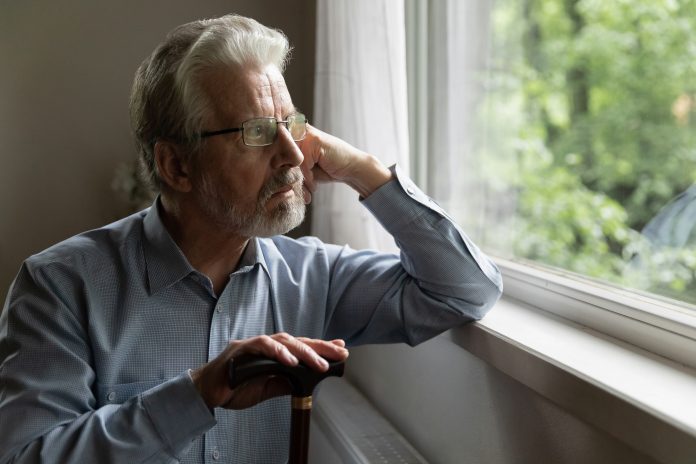John Ramsay, founder and MD, Social-Ability, discusses how technology can improve wellbeing and combat loneliness in care homes
Forced to keep our distance from loved ones, many of us have experienced feelings of loneliness during the pandemic, but this has been especially acute for care home residents. Social distancing measures have been vital in stopping the spread of Covid-19 among those most vulnerable to the virus. However, these measures have also caused unprecedented levels of isolation in care homes, with one in six residents expressing greater concern about the effects of loneliness than the virus itself (1).
As restrictions begin to lift, and care homes cautiously open back up to visitors, family and friends can now make these vital visits again, albeit in small groups. However, the end of lockdown will not be the end of loneliness in our elderly care environments.
Addressing chronic loneliness in elderly care
Amid the UK’s first lockdown, Alzheimer’s Society reported that 79% of care homes felt the lack of social contact has caused a deterioration in the wellbeing of those with dementia, which make up approximately 70% of care home residents(2). However, blame cannot be placed solely on the pandemic – loneliness is a common occurrence in long-term care settings, with studies estimating the prevalence of severe loneliness as at least double that of those in standard populations(3).
Failing to address feelings of isolation among care home residents can have serious consequences on both physical and mental health, accelerating the progression of conditions such as dementia and increasing the likelihood of mortality by as much as 26%. Following 18 months of stringent measures, there is an urgent need to help residents develop stronger bonds both within their care home communities and strengthen connections with family and friends.
Technology can bring us closer together
For many, the ability to maintain regular contact with loved ones via video link has provided a lifeline during long periods of lockdown measures. With 91% of care home workers stating technology has helped to reduce their workload over the past year, freeing up more time to bond with residents, technology can continue to ease loneliness in elderly care long after Covid-19 subsides.
Sensory activities, such as interactive light-based games, provide an effective way to break down barriers and allow residents to build meaningful connections with those around them – not only with visiting family and friends but others within the care home to strengthen the sense of community among residents.
Fostering happiness in our care homes
As well as tackling loneliness, technology-powered sensory activities have been shown to ease the condition of those living with early, mid and late-stage dementia. However, technology alone is not the complete solution. To achieve results, it must be combined with effective training and support for care home staff. With this support, initiatives can be sustained for the long-term, providing an interactive approach to engage residents and boost happiness.
Through Social-Ability’s work, I have seen the positive impact such approaches can have. At Alexandra Grange, a Hallmark care home in Berkshire, introducing the Happiness Programme – a combination of interactive light technology and structured staff training – has proven life-changing for many. One resident in particular, whose dementia had stopped them from communicating verbally, has been able to restore their voice, regrow their vocabulary, and regain the ability to communicate.
Maintaining focus on loneliness
As restrictions lift, we must not assume that all of our problems are solved. Loneliness in our care homes is not just a symptom of Covid-19, but an epidemic in its own right. From video link capabilities to interactive games and light projection, technology – implemented in the right way – can continue to challenge loneliness, ease the symptoms of dementia, and provide a better quality of life to elderly care home residents.











